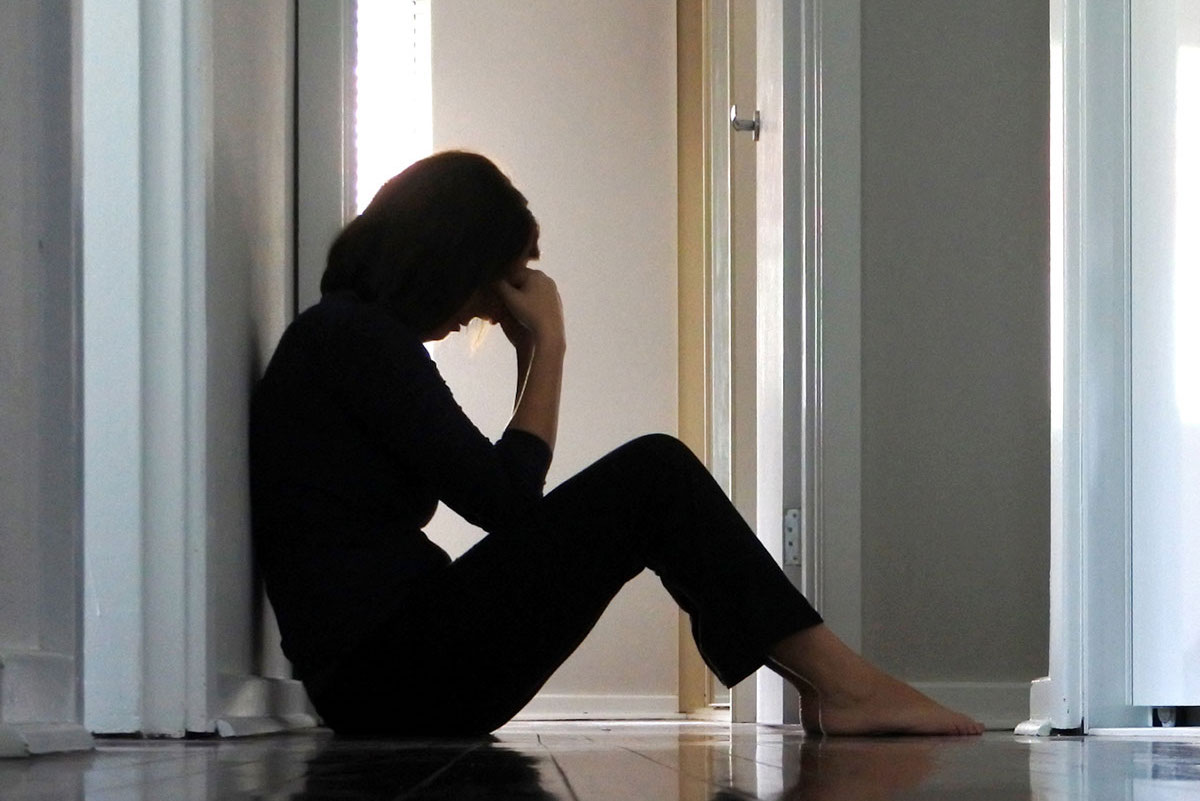
Everyone experiences fear or worry at some point in their lives. Personal difficulties, such as divorce or a job loss, can cause significant stress. Broader societal events, such as a natural disaster or a pandemic like the coronavirus, can also cause serious emotional distress. This is normal and to be expected. For some people, however, this fear, worry, and stress can increase to the point of interfering with daily life.
The term “anxiety disorders” describes a group of conditions characterized by persistent, excessive fear or worry, even in non-threatening situations. Anxiety disorders are the most common mental-health concern in the United States, affecting nearly 20 percent of adults. Fortunately, proper anxiety treatment can successfully help manage symptoms and provide anxiety relief.
Wondering how to deal with anxiety? First, it helps to understand what it is.
Signs & Symptoms of Anxiety
Anxiety disorders come with a wide variety of symptoms, although not every person with anxiety shows all the same symptoms.
According to the Anxiety and Depression Association of America, symptoms of anxiety include:
- Fear and worry about yourself or your loved ones; fears may be general or specific
- Feeling nervous, irritable, restless, or on edge
- Feeling impending danger or panic; possibly with no obvious reason
- Shortness of breath or rapid breathing
- Sweating or trembling
- Heart palpitations or increased heart rate
- Difficulty concentrating
- Changes in appetite and eating patterns, including craving comforting foods
- Difficulty falling asleep or staying asleep
- Nightmares
- Gastrointestinal problems, such as nausea, diarrhea, or heartburn
- Increased use of tobacco, alcohol, or recreational drugs to try to cope with stress and other uncomfortable feelings
Symptoms of anxiety may first appear in childhood or young adulthood, and may come and go over time.
High anxiety may also lead to a worsening of chronic health problems, such as asthma, chronic pain, high blood pressure, or diabetes.
Anxiety Relief Tips
If you have had symptoms for a long time, it may be difficult to know how to deal with anxiety. Fortunately, many different options can help provide anxiety relief.
Common anxiety treatments
From lifestyle changes to specific types of therapy, here are some things that can help you or your loved one manage anxiety:
Practicing mindful meditation can be especially helpful for people dealing with racing or distracting thoughts. Researchers from Johns Hopkins University found that mindful meditation can help ease anxiety. Try your own version of meditation, or download a trustworthy app to help guide you through the process.
More and more research shows that our mental and physical health are closely connected, so it makes sense that exercise helps both your body and mind feel better. Pick a type of exercise that you enjoy: walking, swimming, running, or weight lifting. You may prefer the slower pace of yoga or a heart-pounding kickboxing session. Either way, the Mayo Clinic notes that physical exercise can help you increase energy, feel more alert, and reduce stress.
Talk therapy, also known as psychotherapy, involves working with a therapist to discover anxiety triggers and manage symptoms. This type of therapy can happen individually or in groups. Cognitive behavioral therapy (CBT), often considered the “gold standard” for psychotherapy, teaches specific skills that can help you adjust your thought patterns and improve symptoms.
Many individuals benefit from medications that treat anxiety symptoms. Different medications that can help relieve anxiety symptoms include:
- Some types of antidepressants
- Buspirone, which affects brain chemistry
- Sedatives and benzodiazepines, which can be addicting and are only for short-term relief
- Beta blockers, for short-term relief of physical symptoms
Not every option works for everyone; some treatments may take some time to work effectively. If you or your loved one struggle with anxiety, talk to your doctor or other healthcare provider about the best options for you.
Anxiety Relief During COVID-19
Anxiety symptoms can be difficult to manage in the best of times. During a widespread event, such as the coronavirus or COVID-19 outbreak, anxiety may become a greater challenge.
If you or your loved one struggles to manage anxiety due to the COVID-19 emergency, there are a variety of things to keep in mind;
- Keep in touch with the people you care about and trust. Even if you cannot visit someone in person, you can take advantage of many free video conferencing tools, such as FaceTime, Skype, or Zoom, to help maintain connections. There are also old-fashioned phone calls; sometimes a familiar voice can still help, even if you cannot see their face. The Cleveland Clinic offers a few other tips to stay connected while social distancing.
- Take breaks from the news, including social media. If you want or need to stay updated on the coronavirus outbreak, try to listen to, read, or watch the news only once a day. Otherwise, it is easy to become overwhelmed by repeated references to the virus.
- Take care of your physical health. Besides social distancing and hand washing, follow other standard tips for healthy living. This includes physical activity, stress management, adequate sleep, and a healthy diet. Frequent snacking or increased alcohol consumption may be tempting when you feel stuck at home, but it can be damaging to your health. Focus on eating fruits and vegetables, lean proteins, whole grains, and limited sugars and processed foods.
- Spend time outdoors, weather permitting, such as taking a walk around the neighborhood or sitting on your porch. Research shows that spending time in nature can help reduce anxiety.
- Keep a journal. This can help you organize your thoughts, better understand your feelings, and look at them more objectively.
- If you feel that anxiety interferes with your relationships or normal activities, or causes an increase in substance use, consider reaching out for help. Talk to your healthcare provider, or confide in a trusted loved one. They may be able to help you find a professional with experience in anxiety.
If you struggle with anxiety, help is available to you. Contact us learn how our team of behavioral health experts can help you address your anxiety.





